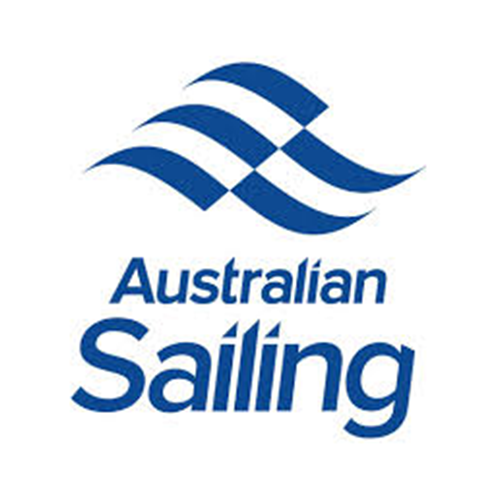Improve Your Skills with a Boat Safety Training Course
We offer comprehensive boat safety training at Flying Fish Sailing in Sydney for all levels, from beginners to seasoned captains; our courses cover essential knowledge and skills for a safe boating experience.
Get Your NSW Boat Licence or an International Certificate of Competence
Our Boat Licence training courses ensure legal compliance and skill development, potentially leading to insurance discounts and charter opportunities. Explore our options for obtaining your licence.
Boat Safety for Beginners
Once you have your boat licence, consider additional training in radio operation, navigation, sea survival and engine maintenance to improve your knowledge and skills further.
Always check equipment, plan routes, and watch weather forecasts for a safe journey.
Check out our Safety, Radio, and Maintenance offerings to see which boat safety course suits your needs.
Essential Boating Safety Tips
Take a safety course, wear life jackets, educate passengers on emergency procedures, and avoid boating while intoxicated.
Boat Safety Equipment
Equip your boat with essential gear, including bailing devices, anchors, fire extinguishers, axes, flotation devices, and signaling equipment.
If you have questions about our boat safety training or want to register for boat safety training courses in Sydney or Manly, contact Flying Fish. Our experienced and knowledgeable staff are passionate about sharing their skills. And to keep you safe while boating.



